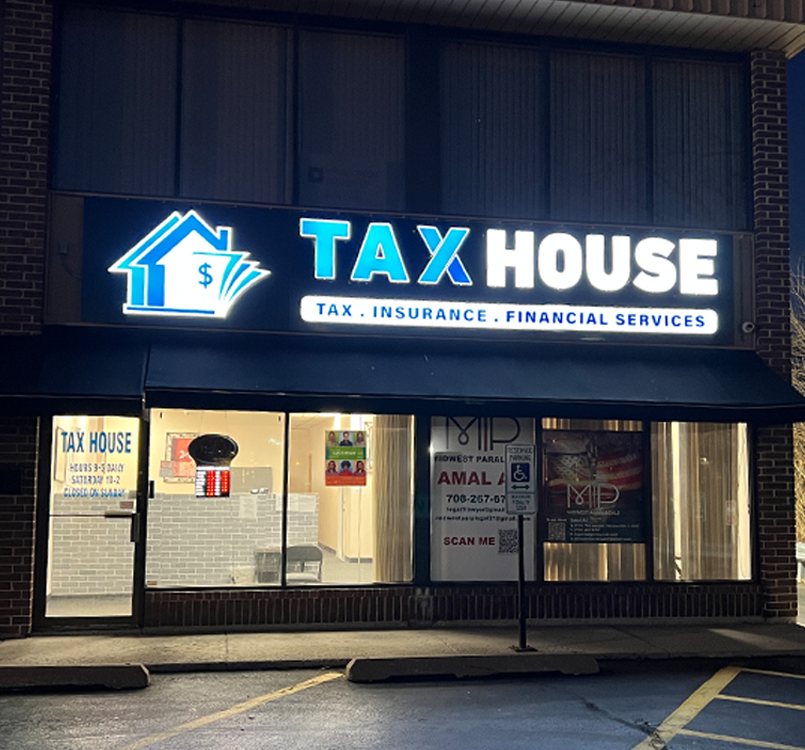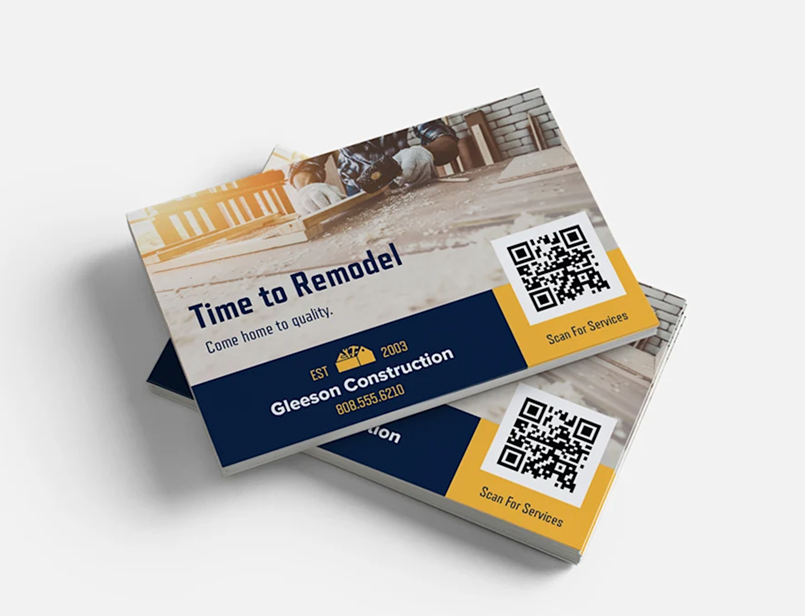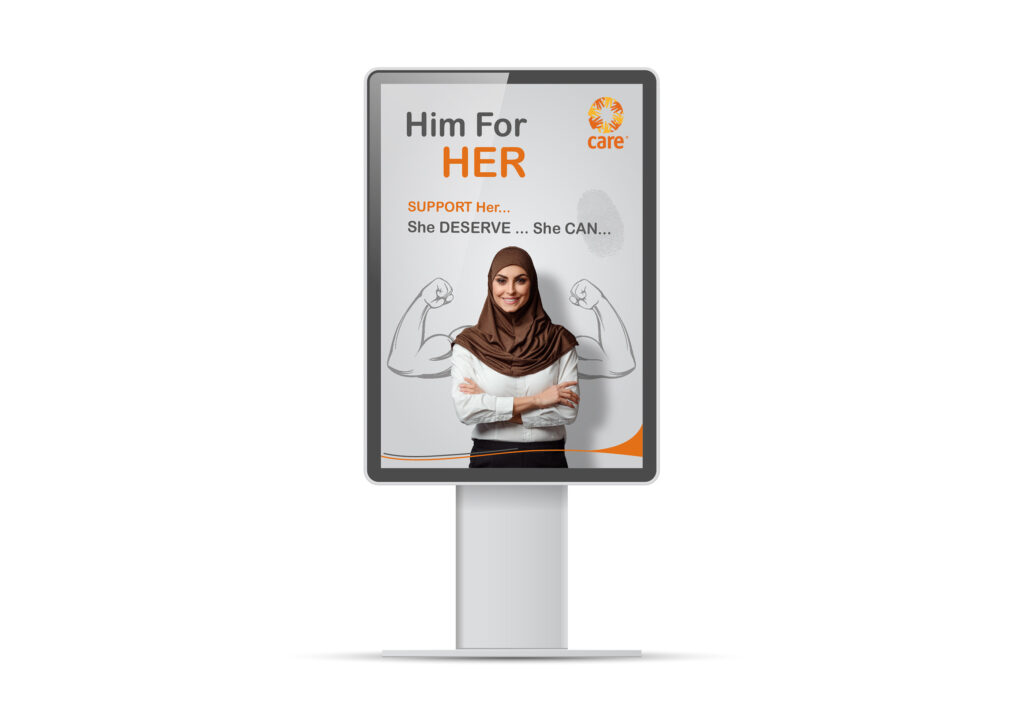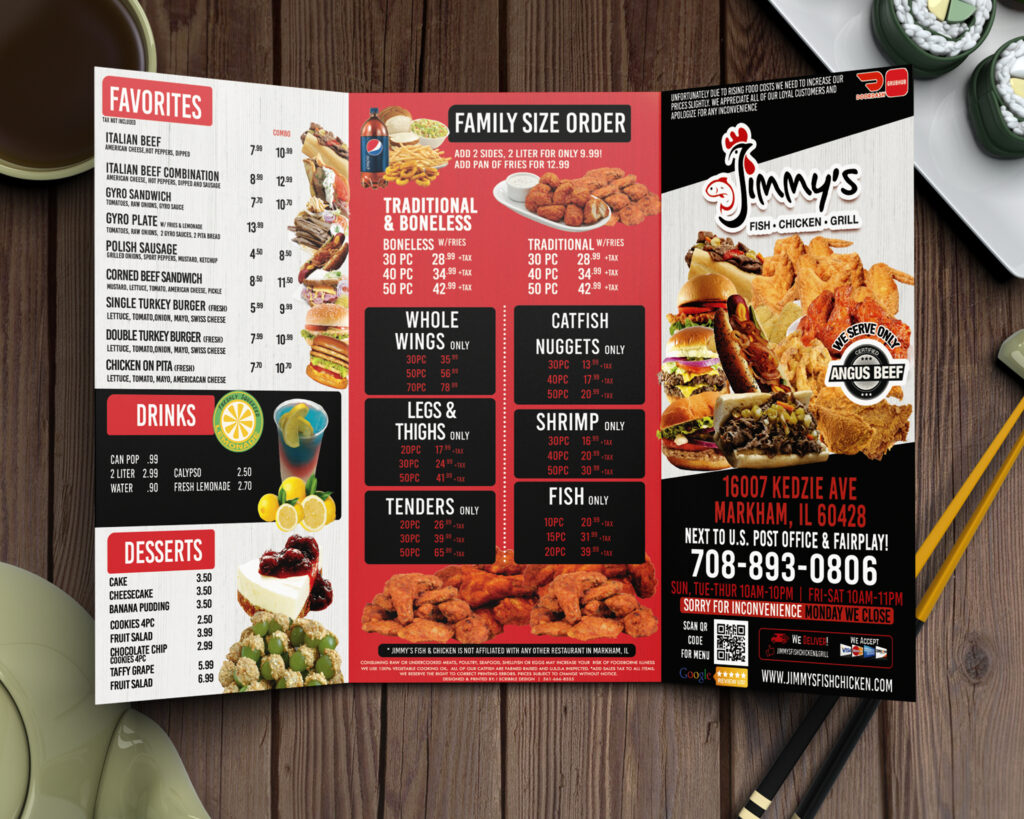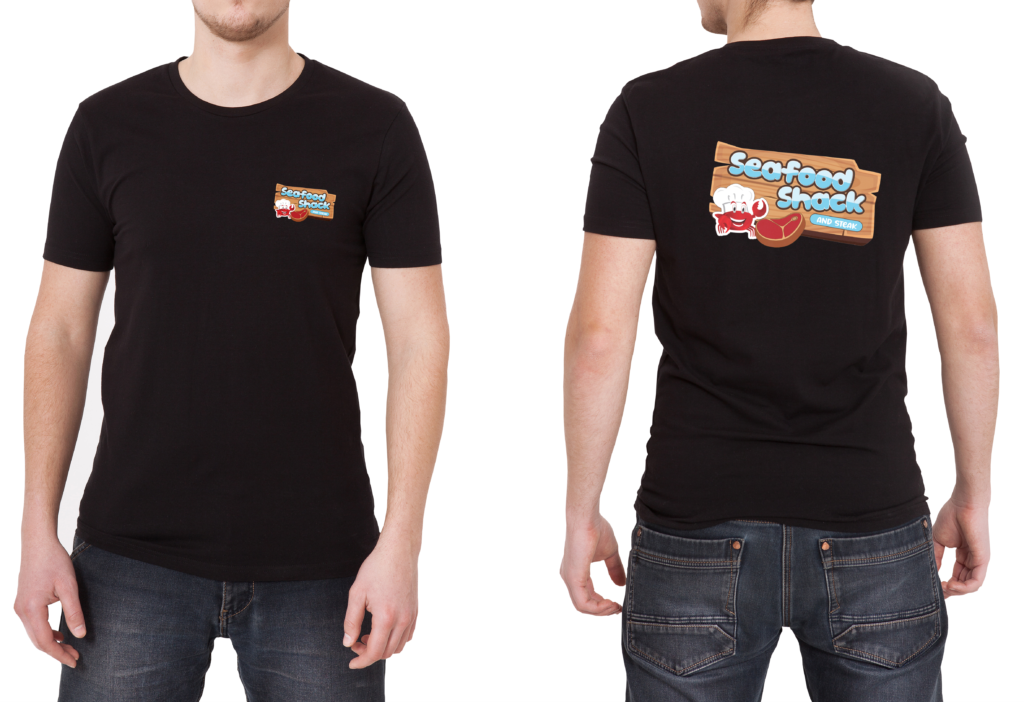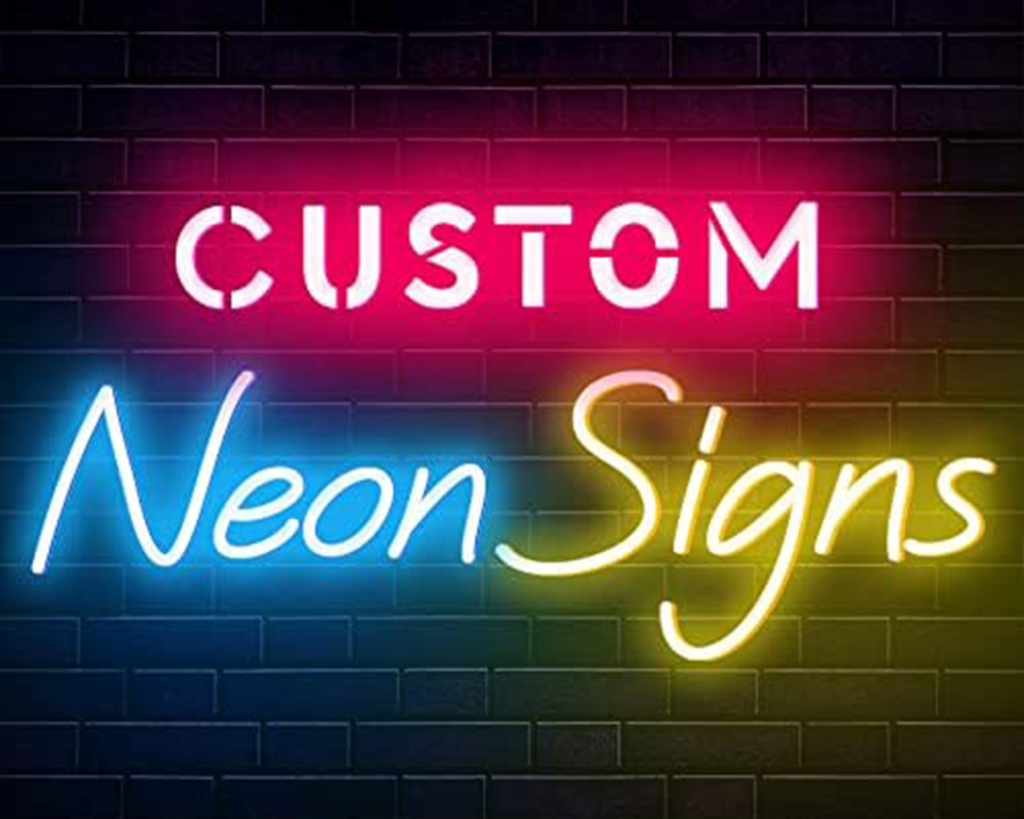Brand identity design is the process of creating a visual representation of a brand’s personality and values through a variety of design elements, such as logo, typography, color scheme, imagery, and other visual assets. The goal of brand identity design is to create a consistent and cohesive visual language that helps a brand to stand out from its competitors and communicate its message effectively to its target audience.A well-designed brand identity can help a brand to establish a strong connection with its customers, build trust and credibility, and increase brand recognition and loyalty. Brand identity design is an essential aspect of brand building, and it requires careful planning, research, and creativity to develop a visual identity that accurately represents a brand’s values and resonates with its audience.
